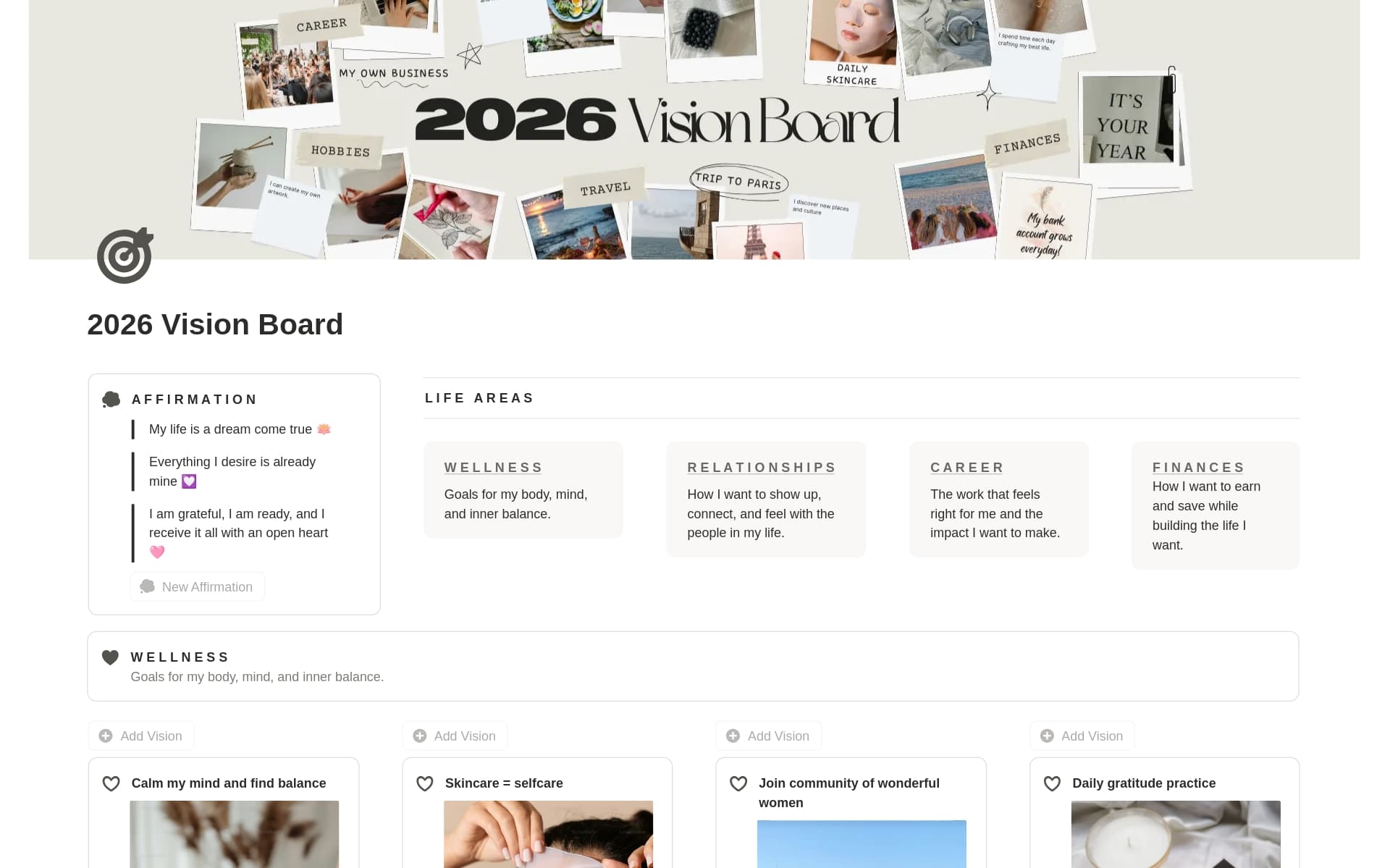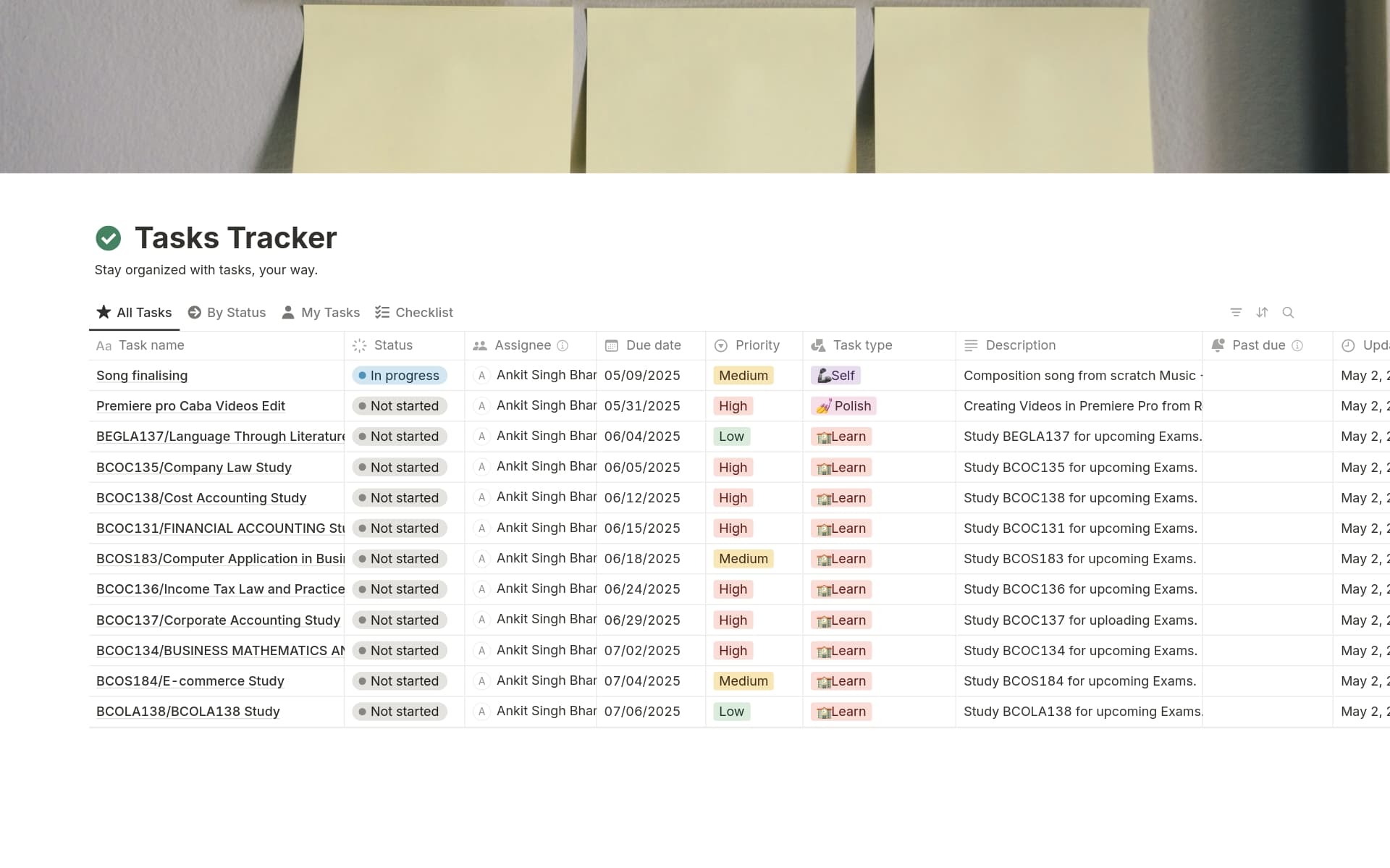A Product Launch Plan serves as a roadmap for Social Media Managers to guide the introduction of new products to the market efficiently and effectively. It ensures that all marketing and communication strategies are aligned, helping to maximize the product's visibility and adoption upon release. A well-crafted Product Launch Plan template on Notion can streamline this process, providing a structured approach that covers every aspect of the launch, from pre-launch marketing efforts to post-launch evaluation.
Before diving into creating your own Product Launch Plan, explore these templates to simplify and enhance the planning process.
What Should Product Launch Plan Templates Include?
Choosing the right Product Launch Plan Template can streamline your marketing efforts and ensure a cohesive launch strategy. Here are key components to look for in an effective template:
Timeline and Milestones: This section should clearly outline the key dates and milestones leading up to the launch. It helps keep the team on track and highlights critical deadlines.
Marketing Strategies: Look for templates that include varied promotional tactics and channels. This component should guide you through the planning of social media campaigns, email marketing, and other outreach efforts.
Budget Breakdown: An essential part of any launch plan is a detailed budget. The template should help you allocate resources efficiently and track expenses to stay within financial limits.
Target Audience Analysis: Ensure the template has a section dedicated to identifying and understanding your target demographic. This will tailor your marketing messages and maximize engagement.
With these components, a Product Launch Plan Template not only organizes your efforts but also empowers your team to execute a successful launch.
What Should Product Launch Plan Templates Avoid?
Choosing the right Product Launch Plan template is crucial for ensuring a smooth rollout on social media. However, certain elements can hinder rather than help your campaign. Here are three key components to steer clear of:
Overly Complex Metrics: Avoid templates that focus on too many detailed metrics. They can complicate the tracking process and divert attention from key performance indicators.
Generic Content Strategies: Steer clear of templates that do not allow customization of content strategies. Social media thrives on unique, tailored content that resonates with a specific audience.
Rigid Timelines: Avoid templates with inflexible timelines. Social media marketing needs to adapt quickly to changing trends and audience feedback.
Remember, the best template is one that simplifies your planning process, aligns with your brand's voice, and adapts to the dynamic nature of social media.




